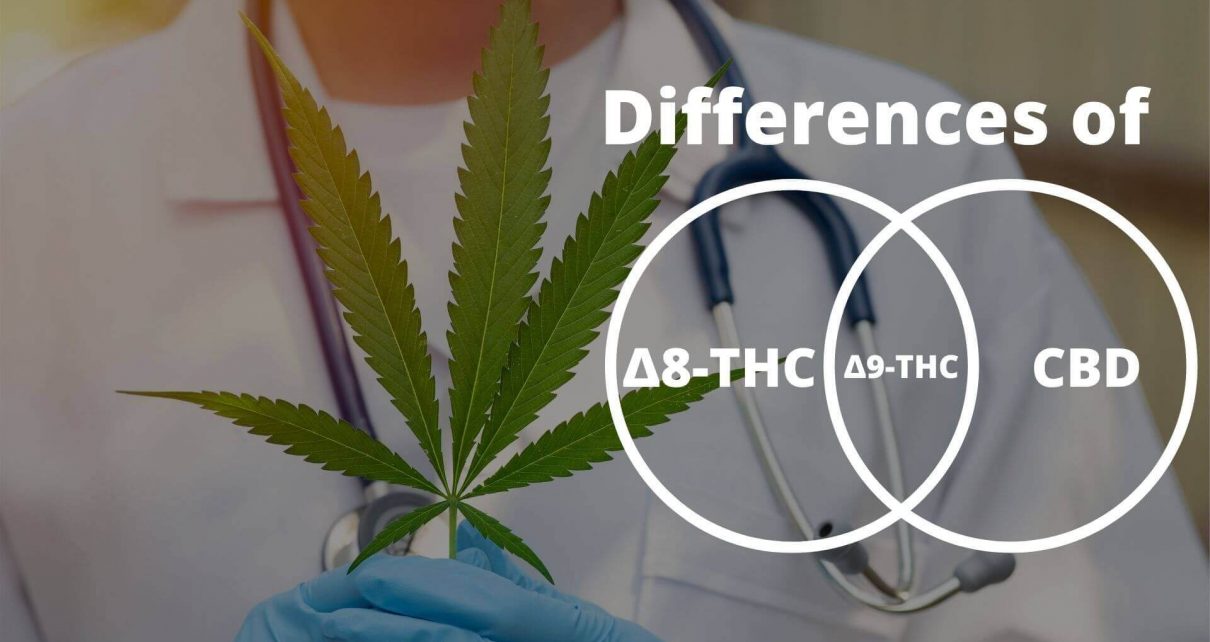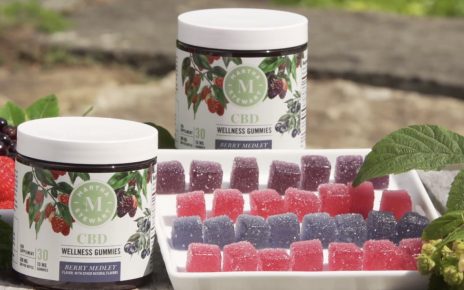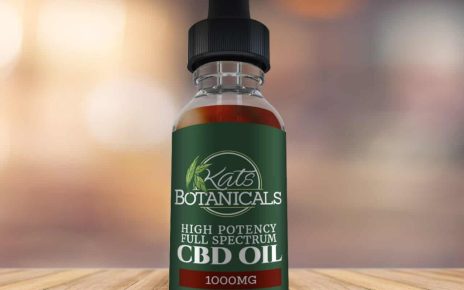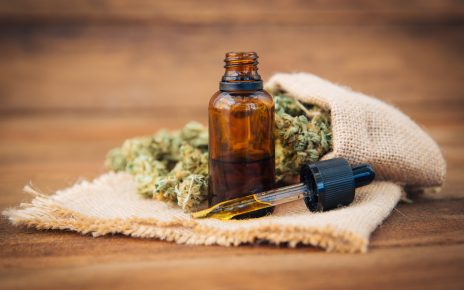Delta-8 is a chemical compound found in cannabis that produces very mild psychoactive effects. It’s so mild, you might not even notice it at all.
If you have ever smoked or ingested cannabis, you know that there are many different types of compounds associated with their psychoactive or intoxicating effects. There are also numerous different strains within each type, which can also cause varying levels of intoxication. But what about those special “super” strains that produce powerful high effects?
In this article we will discuss the effects of delta 8 THC, and how it compares to other cannabinoids present in cannabis (such as delta 9 THC). We will also look into whether or not delta 8 THC is harmful to your health.
What are the effects of delta 8 THC?
Unlike other forms of marijuana, delta 8 THC does not contain any of the more commonly known cannabinoids such as CBD, CBG, or CBN. Delta 8 THC is a close relative of delta 9 THC, and is often referred to by its scientific name tetrahydrocannabivarin, abbreviated THCV.
It is differentiated between the human consumption and as far on chemicals. best delta 8 brands reviews is composed of psychoactive compounds which will makes a person high. It is better for you to consume it in a right amount and dosage. If not consumed then there are some major health issues generated from it. The ultimate benefit of using delta-8 compounds is that it will make your body relax and helps you to get relief from pain
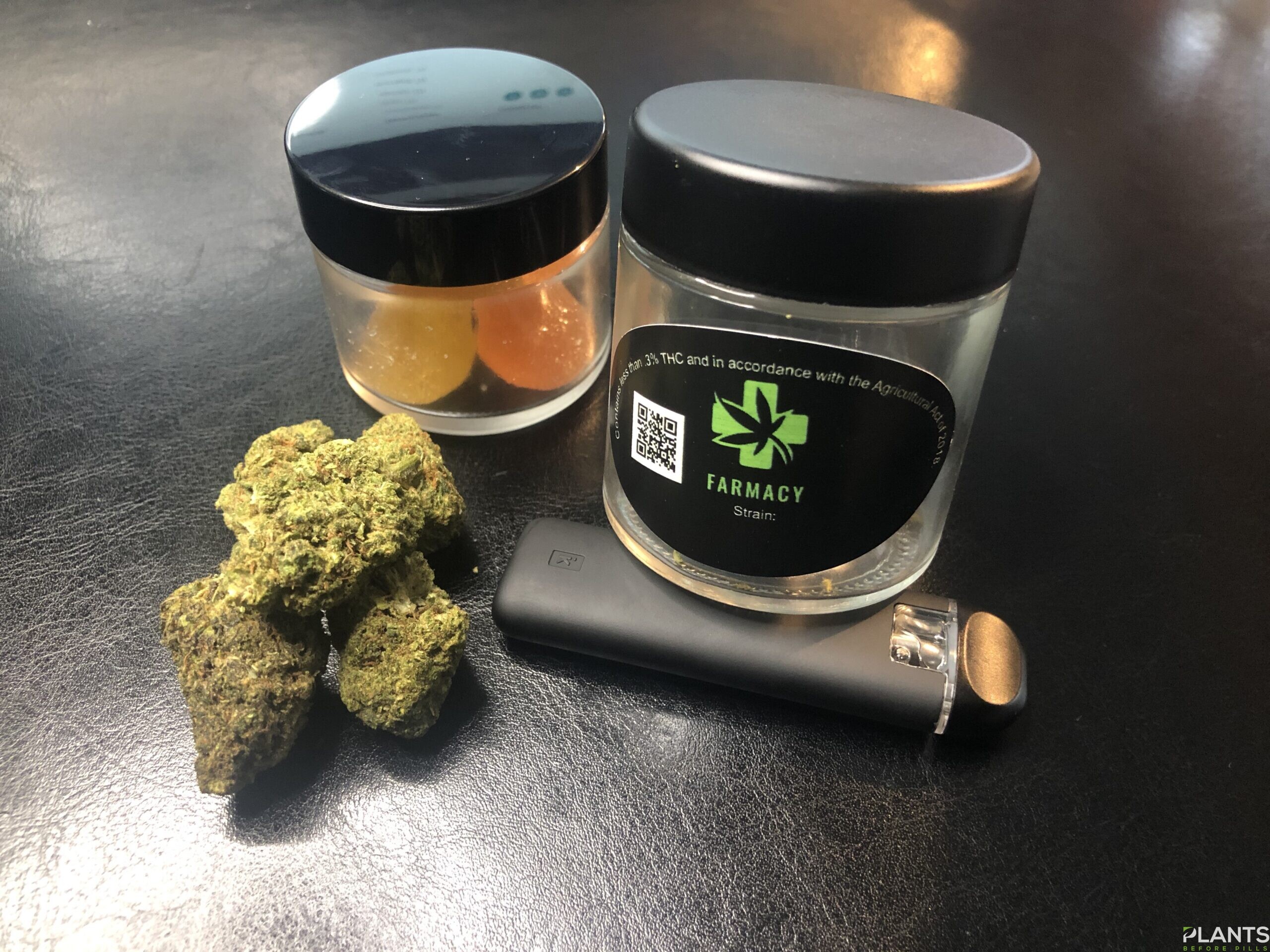
THCV has several unique properties that make it stand out from other cannabinoids found in cannabis. For starters, THCV is extremely potent and effective. You may be thinking that since delta 8 THC is so strong, it must necessarily be unsafe for consumption. And while delta 8 THC certainly isn’t safe to consume, it doesn’t actually produce the same effects as delta 9 THC.
While both delta 8 THC and delta 9 THC activate cannabinoid receptors, they do so in completely different ways. When delta 9 THC binds to these receptors, it triggers the release of neurotransmitters called endocannabinoids, which help regulate various bodily functions.
This makes delta 9 THC incredibly useful for medical applications like pain relief, inflammation, and appetite regulation.
On the other hand, delta 8 THC acts much differently. While delta 8 THC activates certain proteins in the body, it fails to trigger the release of endocannabinoids. This means that delta 8 THC lacks the powerful medicinal benefits that delta 9 THC possesses. In fact, delta 8 THC is so weak, research suggests it may even be used to combat cancer!
As you can see, delta 8 THC is a bit more complicated than your average recreational marijuana strain. Let’s take a closer look at what exactly delta 8 THC does inside your body.
How delta 8 THC interacts with cells
When delta 8 THC enters the brain, it interacts with certain proteins, activating them.
These proteins play an important role in regulating cellular communication and behavior. They allow neurons to communicate with one another, allowing information to pass from one part of the brain to another. Additionally, they control the strength of synaptic connections, which allows information to transfer between neurons. These two actions explain why delta 8 THC is so powerful.
For example, delta 8 THC has been shown to increase the activity of dopamine receptors, which controls movement, motivation, and reward. This means that delta 8 THC may enhance feelings of pleasure and reward, which is likely responsible for the euphoric feeling that comes with consuming this particular form of marijuana.
However, delta 8 THC only affects specific areas of the brain. It doesn’t bind to cannabinoid receptors throughout the entire body, like delta 9 THC does. As a result, delta 8 THC lacks some of the medicinal qualities that delta 9 THC possesses.
When delta 8 THC binds to its target proteins, it also alters the function of various genes. This causes genes to express themselves in certain ways. For example, delta 8 THC may stimulate some genes that are involved in cell growth, resulting in increased cell division.
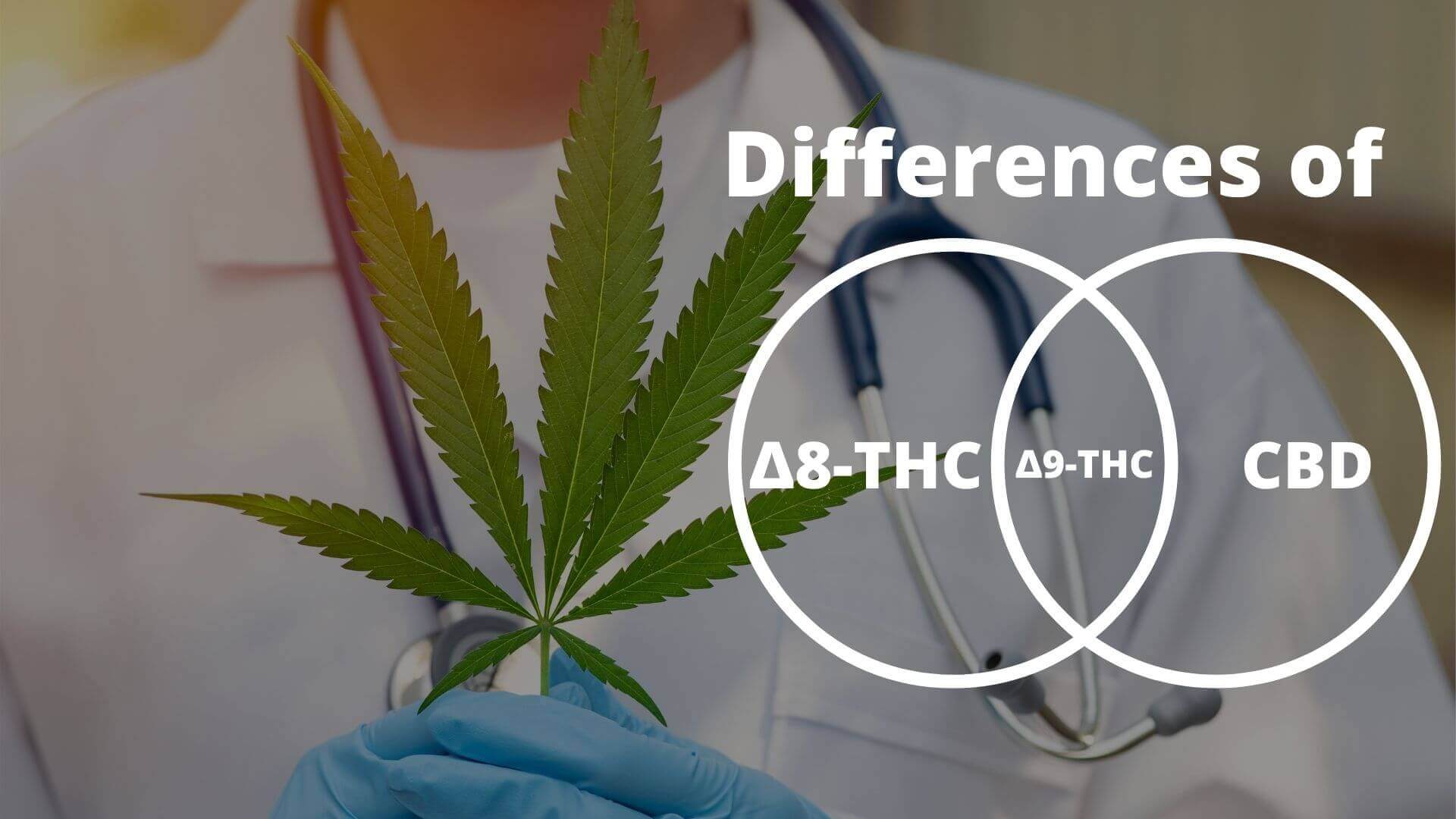
Delta 8 THC and addiction
One interesting thing about delta 8 THC is that it appears to be less addictive than delta 9 THC. According to a study published in 2014, delta 8 THC was less likely to cause dependence compared to delta 9 THC.
That said, delta 8 THC still induces dependency in people who use it frequently. But when consumed in small doses, it appears to be less problematic than delta 9 THC.
It should be noted that delta 8 THC has never been tested on animals, so its addictive potential remains unknown. Therefore, it’s difficult to draw any firm conclusions regarding how delta 8 THC compares to delta 9 THC.
But based on studies conducted thus far, it seems like delta 8 THC is safer to consume than delta 9 THC, particularly when taken in small doses.
Is delta 8 THC harmful?
Although delta 8 THC is not nearly as dangerous as delta 9 THC, it still poses some risks. One notable risk is that it can impair memory in chronic users. This means that regular users would experience problems remembering new information, recalling past experiences, and forming new memories.
Additionally, delta 8 THC increases blood pressure. People who regularly consume this form of marijuana may feel dizzy, nauseous, and anxious.
Finally, delta 8 THC has been linked to seizures. While this is rare, it occurs when delta 8 THC is consumed alongside other drugs that have seizure-inducing properties. Since delta 8 THC also stimulates dopamine receptors, it may worsen symptoms of Parkinson’s disease.
Overall, delta 8 THC is a safe substance. However, it should be avoided by anyone suffering from mental health conditions, since it could potentially exacerbate existing issues.

